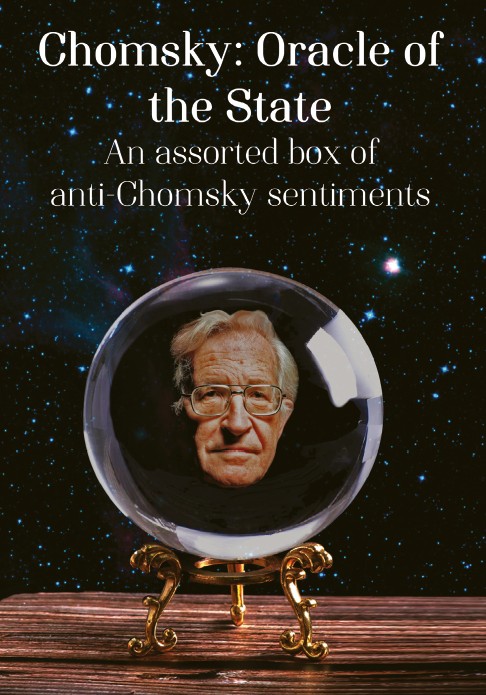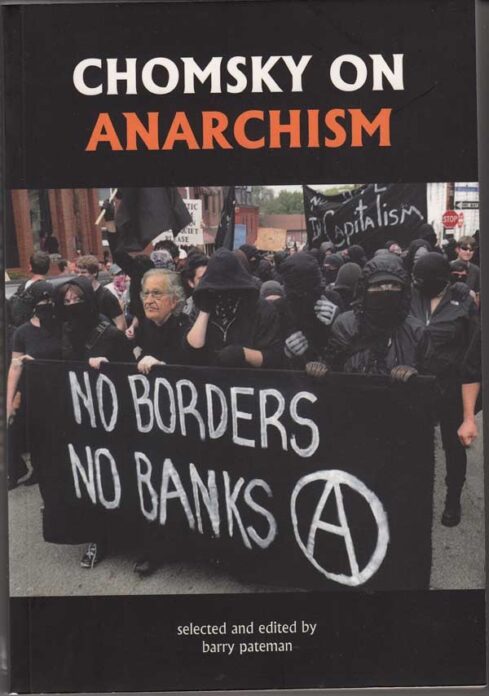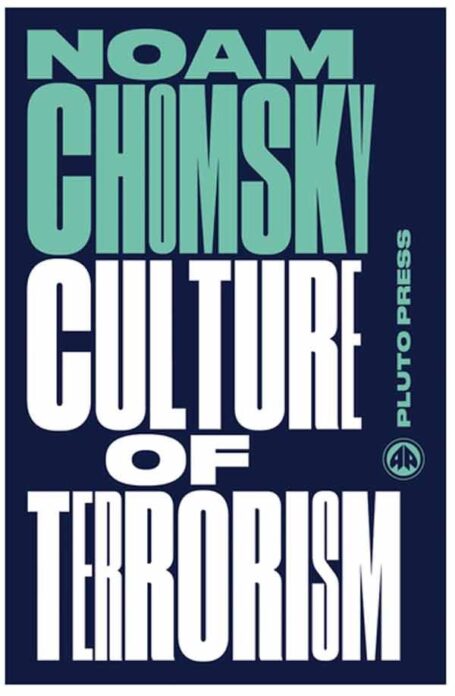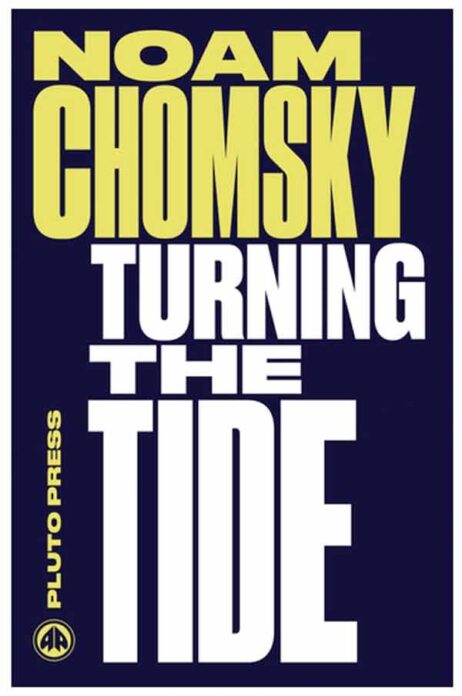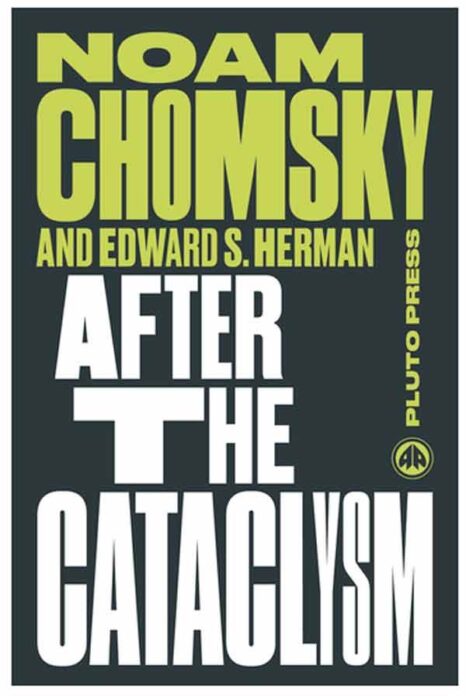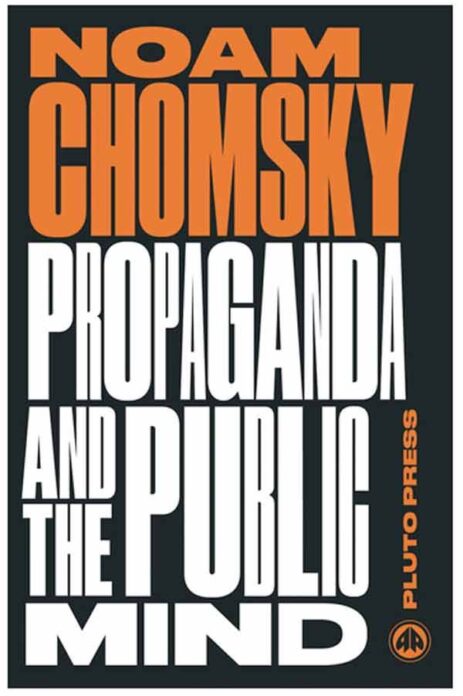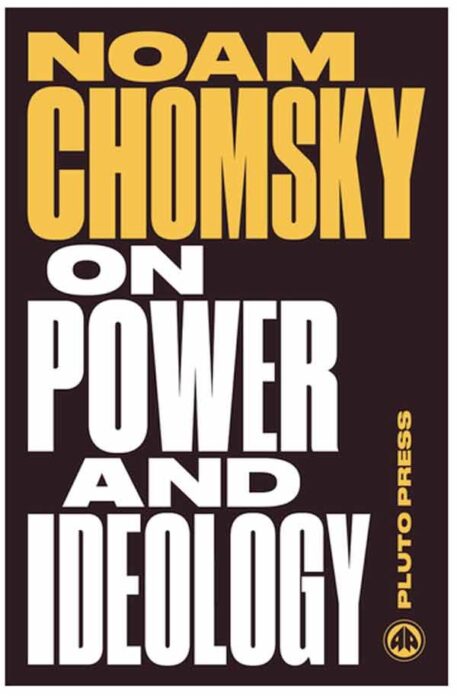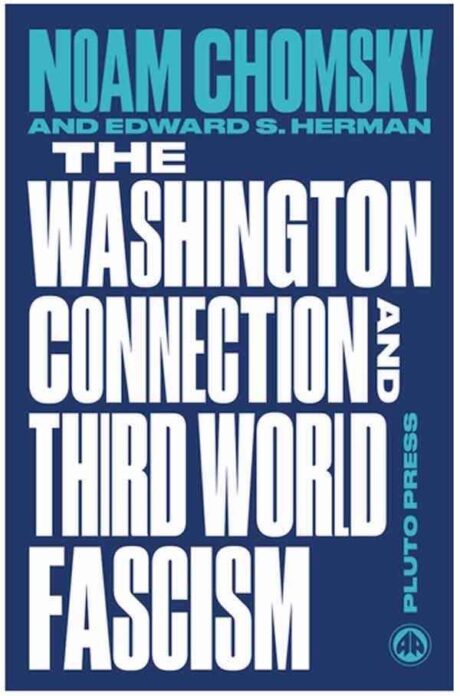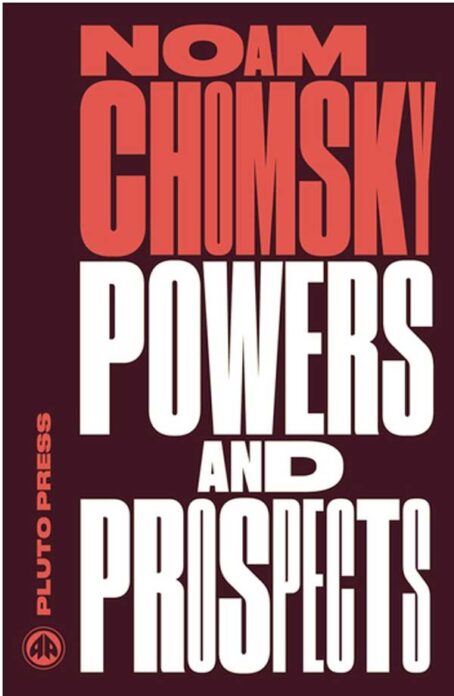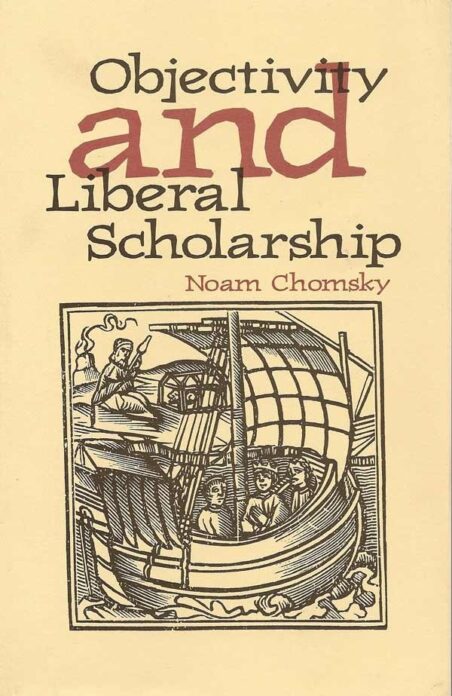Rogue States: The Rule of Force in World Affairs by N.Chomsky
£5.00
The concept of “rogue state” plays a pre-eminent role today in policy planning and analysis. Chomsky – our uber anarcho-intellectual – writes again updating his critique of US and UK policies towards those countries they currently wish to exploit.
Description
“Rogue States is a collection of essays and lectures by Noam Chomsky about U.S. foreign policy at the end of the 20th century (pre-9/11). Some essays are devoted to U.S. policy toward specific countries (e.g. Yugoslavia, Indonesia and East Timor, Colombia, and Cuba), while others cover more general themes. Chomsky paints a devastating and well-documented portrait of the lack of respect displayed by the U.S. government for international law and human rights, one that contrasts sharply with self-congratulatory government rhetoric. Anyone who believes that the U.S. has a consistent record of defending human rights, democracy, and freedom around the world needs to become familiar with the ideas discussed in this book. The truth is starkly different.
To those familiar with Chomsky’s writing, this book is worthwhile reading. Although Chomsky can’t resist extended discussions of his favorite historical examples, such as the U.S. war against Vietnam, much of the book focuses on the foreign policy events of the Clinton administration. It illustrates that U.S. behavior has not changed significantly now that the excuse of the Cold War is gone; the U.S. continues for various reasons to support undemocratic regimes that violate basic human rights.
I would not recommend this book to someone unfamiliar with Chomsky’s work. Although it would certainly be an eye-opener to people who are naïve about U.S. behavior, it assumes a degree of familiarity not only with the examples that Chomsky discusses but also with his general outlook on the world. Some people might not believe what they are reading, because it is so hard to reconcile with the way U.S. behavior is usually portrayed. The book has several weaknesses as well. Chomsky repeats certain quotations and examples in different essays, each time as if they were new, probably because the essays were not originally intended to be published together. Chomsky also tends to wander off topic within essays, bringing up whatever thoughts come to his mind at the time. Ultimately, the book comes off as being poorly organized. Anyone reading this book should not expect Chomsky to sum up his ideas or provide any sort of conclusion at the end. It is a collection of semi-related essays and nothing more. The last Chomsky book I read, Manufacturing Consent, was much more unified and might be a better place to start, even though its examples are more dated than those in Rogue States.”
“For those of us living inside the big, neon capitalist bubble that is America, it can be shocking to hear details about US policy abroad. For example, we all know that Saddam Hussein is a bad man, but most Americans are completely unaware that the US armed him in the 1980s, thereby giving him the firepower he needed to massacre tens of thousands of Iraqi Kurds. When Americans are exposed to details like this it tends to produce a kind of cognitive dissonance, because this fact runs counter to everything we see on TV or read in newspapers.
Moreover, not too many Americans know that the US and the UK are now engaged in deadly biological warfare against Iraq’s citizenry: “The destruction of infrastructure and banning of imports to repair it has caused disease, malnutrition, and early death on a huge scale, including more than 500,000 children…” That is an average of 5,000 children dying each moth – a figure that blows the 9-11 tragedy out of the water (if one were so humane as to compare dead Iraqis with dead Americans).
The US and Britain have taken the lead in blocking aid programs to Iraq under these UN-approved sanctions. For example, delaying approval for ambulances on the grounds that they could be used to transport troops, and barring insecticides for preventing the spread of disease and spare parts for sanitation systems. All the while, as innocent Iraqis (that is to say, women and children citizens) die and Saddam Hussein remains in power, the U.S. continues to purchase Iraqi oil – which under the “Oil for Food” program is now pennies on the dollar. A classic example of beat up the little guy and take the lunch money, US foreign policy is not as noble as our leaders would have us believe. Of course, thinking about this fact while filling up the SUV will only lead to more of that cognitive dissonance stuff.
The story is much more detailed than this, and Chomsky’s book helps flesh out some of these details that never seem to end up in mainstream media sources. But Chomsky does not limit his analysis to Iraq. In this book, he provides a global survey of the entire Rogue’s Gallery – covering the Balkans, East Timor, Colombia, Cuba and Latin America. In the last few chapters, Chomsky also lends commentary and critique to European colonial history, imperialism, the rise of corporate capitalism, and the modern global economy.
This is compact and potent Chomsky, a factual wrap sheet placed within the historical context of empire and conquest. If you are looking for a quick survey of Chomsky’s views, there is no better place to start. Perhaps Chomsky’s most readable critique of the “Washington Consensus” to date.”
Additional information
| Weight | 0.400000 kg |
|---|


